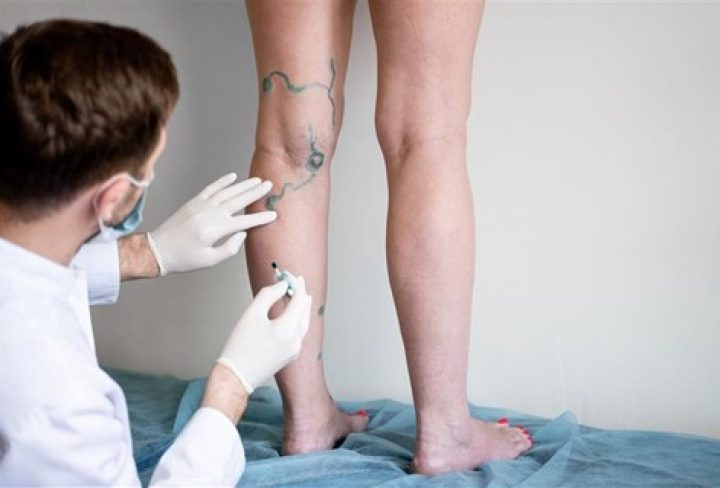Q1: What is interventional radiology?
A1: Interventional radiology is a medical specialty that uses minimally invasive techniques and imaging guidance to diagnose and treat various conditions, including varicose veins.
Q2: How does interventional radiology treat varicose veins?
A2: Interventional radiology offers several techniques such as endovenous laser ablation (EVLA), radiofrequency ablation (RFA), sclerotherapy, and more to treat varicose veins. These procedures aim to close off or remove the affected veins using heat, energy, or chemical agents.
Q3: Are interventional radiology procedures for varicose veins painful?
A3: Most interventional radiology procedures for varicose veins are well-tolerated and involve minimal discomfort. Local anesthesia is typically used to numb the area being treated, ensuring patient comfort during the procedure.
Q4: How long does recovery take after interventional radiology treatment?
A4: Recovery times vary depending on the specific procedure and the patient’s individual circumstances. However, most patients can resume normal activities within a few days to a week following interventional radiology treatment for varicose veins.
Q5: Are there any risks or side effects associated with interventional radiology for varicose veins?
A5: Like any medical procedure, interventional radiology treatments for varicose veins carry potential risks. However, complications are rare. Common side effects may include bruising, swelling, or temporary discomfort, which typically resolve within a short time.
Q6: Is interventional radiology for varicose veins covered by insurance?
A6: Coverage for interventional radiology procedures may vary depending on insurance providers and specific policy plans. It is recommended to consult with your insurance company to determine the extent of coverage for varicose veins treatments.
Q7: Can interventional radiology effectively treat large varicose veins?
A7: Yes, interventional radiology techniques, such as EVLA and RFA, can effectively treat large varicose veins. These procedures are designed to target and close off or remove veins of various sizes, providing relief and improving blood flow.
Q8: Will interventional radiology treatment completely eliminate varicose veins?
A8: Interventional radiology treatments can significantly reduce or eliminate the appearance and symptoms of varicose veins. However, new varicose veins may develop over time due to various factors, such as genetics or lifestyle. Follow-up care and lifestyle modifications may be recommended to maintain the best results.
Q9: Can interventional radiology be performed on both cosmetic and symptomatic varicose veins?
A9: Yes, interventional radiology can be used to treat both cosmetic and symptomatic varicose veins. The procedures aim to alleviate symptoms, improve the appearance of the affected area, and enhance overall patient well-being.
Q10: How do I know if interventional radiology is the right treatment option for my varicose veins?
A10: It is best to consult with a qualified interventional radiologist who specializes in varicose veins treatment. They will evaluate your condition, discuss treatment options, and provide personalized recommendations based on your specific needs and preferences.
